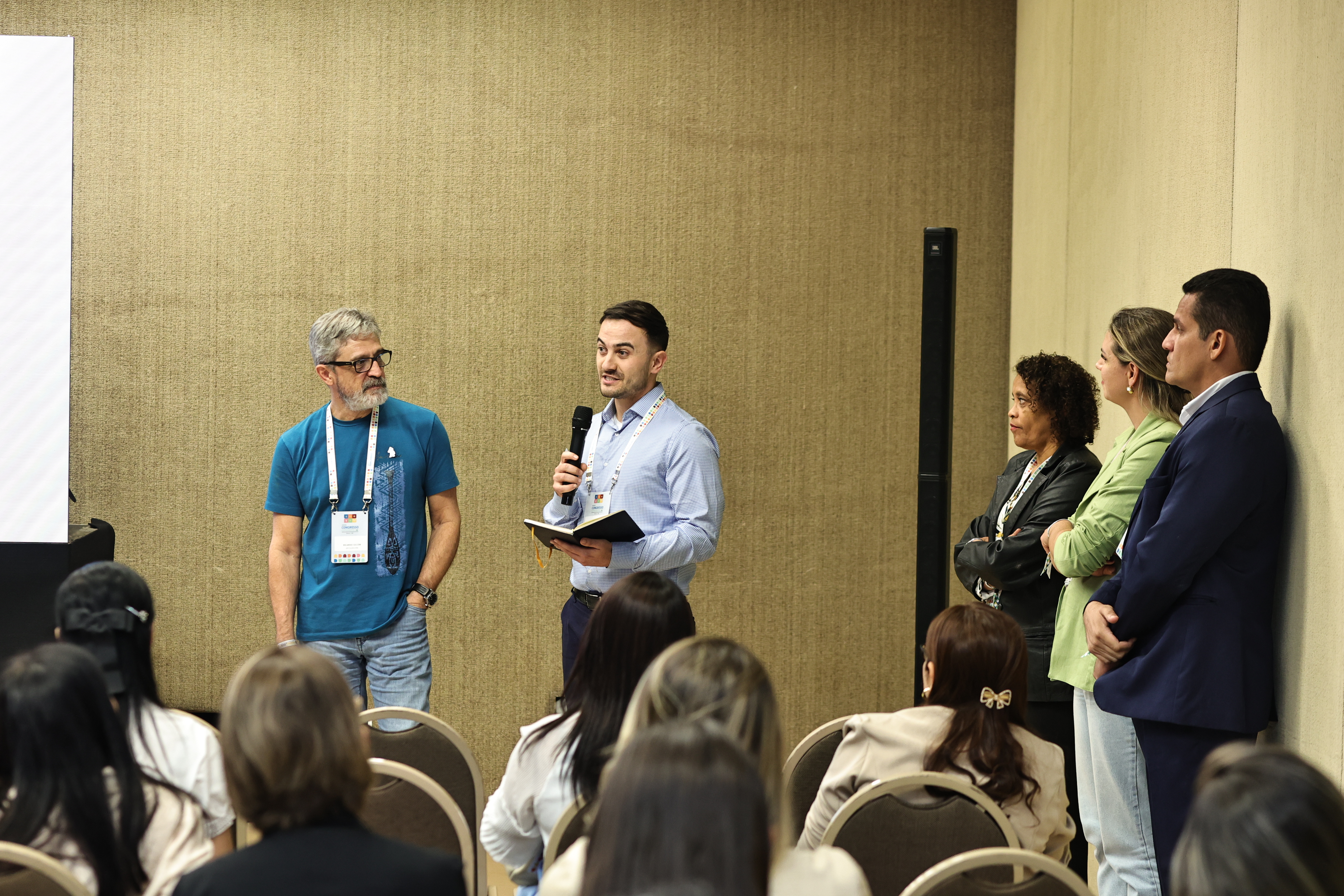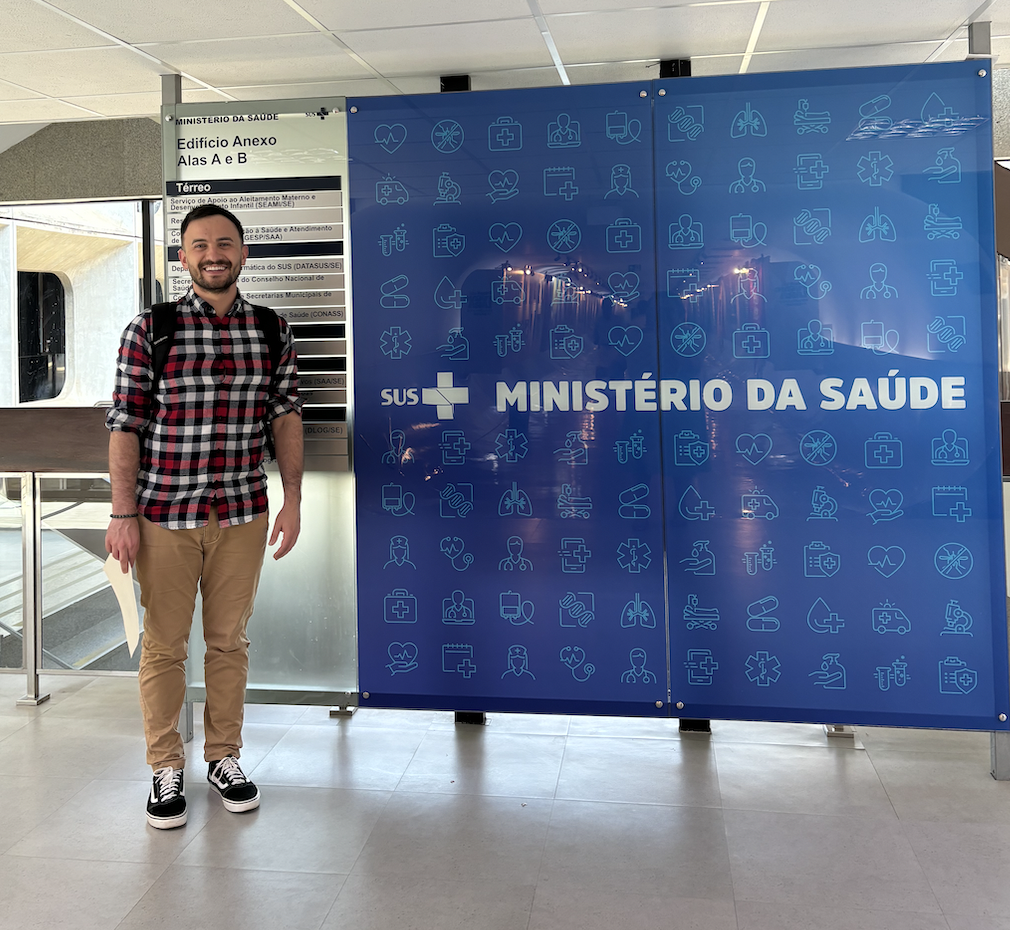Working Papers
-
The Politics of Prevention: How outreach capacity shapes vaccine uptake in Brazil. Job Market Paper.
Abstract: Vaccination rates are declining in countries as diverse as the United States, the United Kingdom, and Brazil, threatening decades of public health accomplishments. This paper uses Brazil as a case study to investigate the subnational political and institutional drivers behind this trend. After years of consistently high vaccination rates, Brazil has experienced a sustained decline since 2015, before COVID-19 and the rise of anti-vaccine rhetoric of Jair Bolsonaro, revealing that explanations rooted in individual hesitancy or supply shortages are insufficient. Yet the decline has been uneven: some municipalities continue to achieve high coverage while others have fallen behind. I argue that this variation reflects not the absence of capacity but how local governments deploy it. Using original panel data from 1,119 Brazilian municipalities (2008–2020), I show that community health worker (CHW) density and functional deployment predict vaccine uptake. This pattern is more pronounced after Brazil’s National Primary Care Policy reform in 2017, which accelerated the erosion of preventive outreach. Evidence from governments’ social media accounts, municipal campaign plans (n = 13,213), and 123 interviews with CHWs, municipal officials, and policymakers further illustrate that, even in high-capacity systems, state resources are systematically redirected when political incentives privilege short-term visibility over the continuity of long-term public service provision. This article contributes to the study of state capacity in decentralized contexts, institutional determinants of vaccine uptake, and comparative health studies.
-
Misinformation and Trust: Survey experiments on vaccine attitudes.
Abstract: Vaccines have been widely recognized as one of the most effective biomedical interventions to eradicate diseases, control pandemics, and prevent premature deaths. However, hesitancy to receive vaccines has increased rapidly in recent years, with detrimental implications for disease prevention and for healthcare systems worldwide. This paper examines vaccine hesitancy in Brazil, which has experienced declining immunization rates since 2015 despite maintaining high coverage throughout the 2000s. Drawing on a survey (n = 340) and 72 interviews with community health workers, policy experts, and health professionals across municipalities in Santa Catarina, as well as federal and state bureaucrats, this study investigates the determinants of vaccine hesitancy related to misinformation, COVID-19 vaccine attitudes, institutional trust, and socio-political influences. The survey’s experimental section assessed how the sender of misinformation affects hesitancy. Results indicate that health professionals exert the strongest influence—both in preventing and in amplifying hesitancy. When misinformation originates from health professionals, people are more likely to believe it than when it comes from religious leaders, politicians, or relatives. Additionally, voting for the far-right candidate Jair Bolsonaro in 2022 correlates with higher vaccine hesitancy than voting for the left-wing candidate Luiz Inácio Lula da Silva. Finally, trust in different levels of government (municipal, state, and federal) has distinct implications for hesitancy behavior. The findings highlight that discussions about vaccine hesitancy in fragile institutional contexts should center on strengthening trust in the vaccine-delivering institution.
Publications & Chapters
- with Niedzwiecki, S. (forthcoming). Oxford University Press chapter on social policies in Brazil in the last century.


